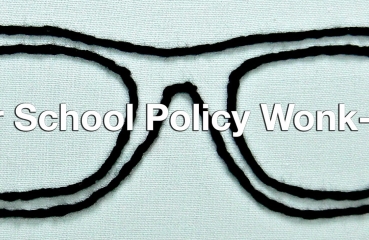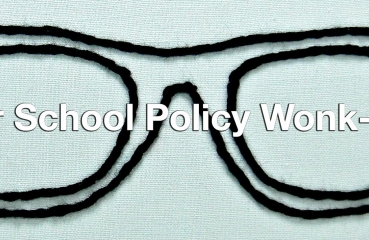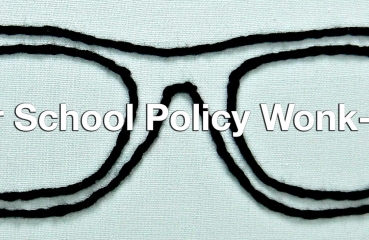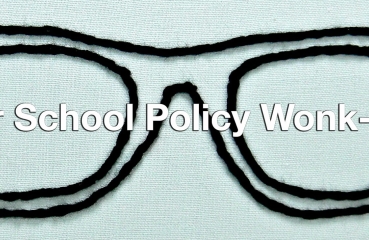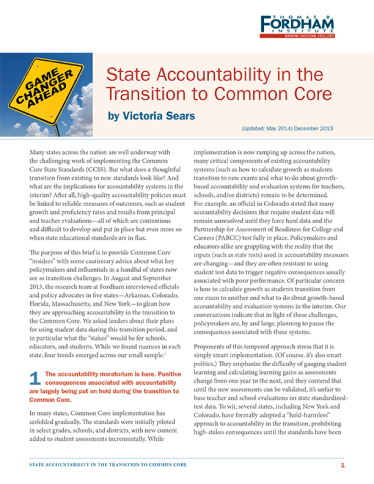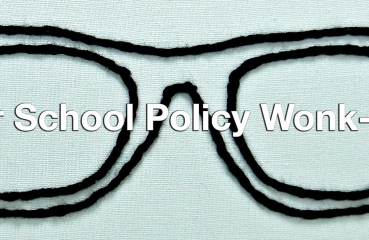Turmoil in Oklahoma classrooms: Six potential ‘unintended consequences’ of signing HB 3399
Governor Mary Fallin is in an unenviable position. If she vetoes HB 3399, which would repeal the Common Core and revert back to Oklahoma’s old standards, she faces backlash from the Legislature that wrote and passed the bill as well as from the activists and others who spurred them on.

